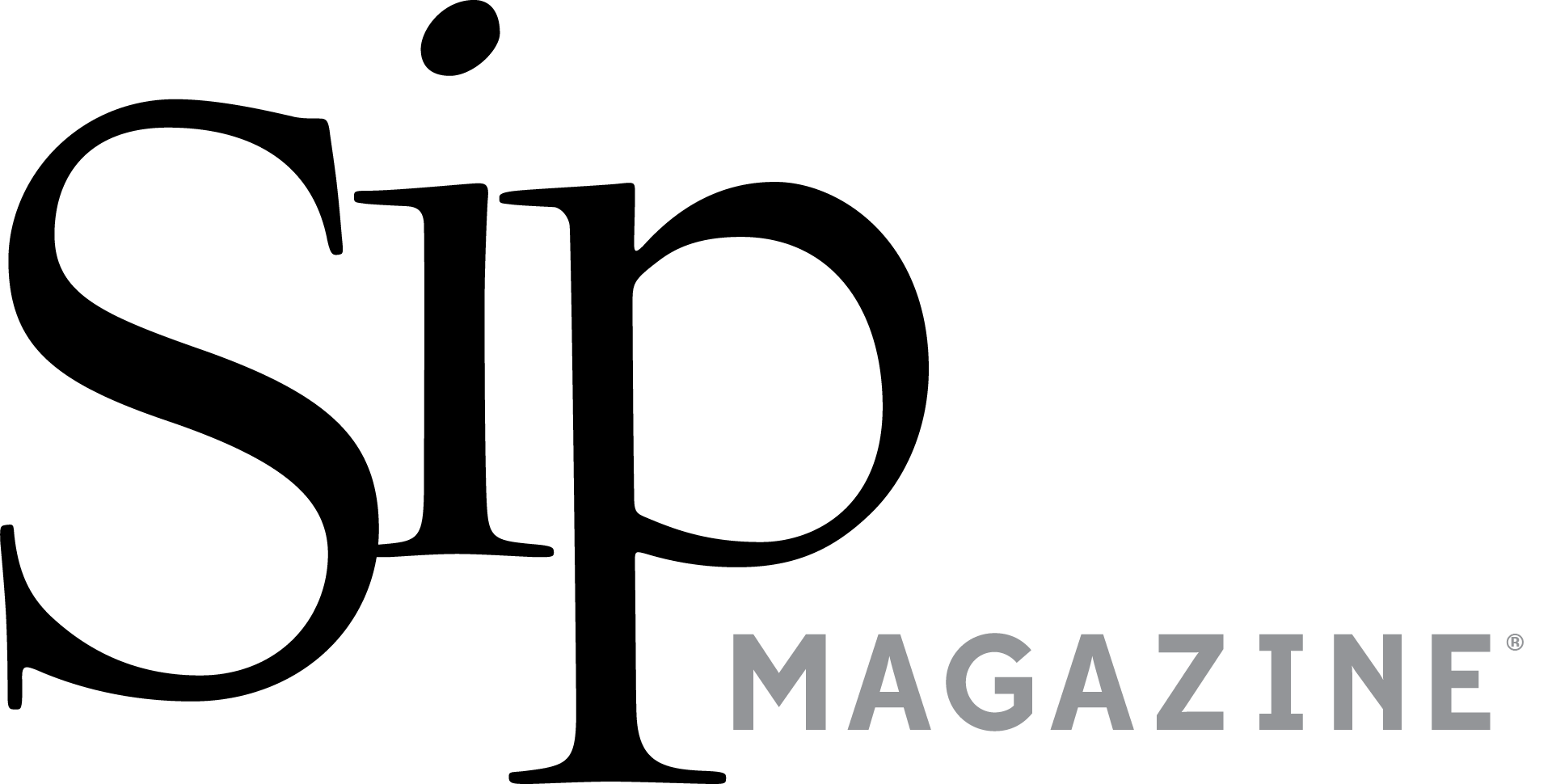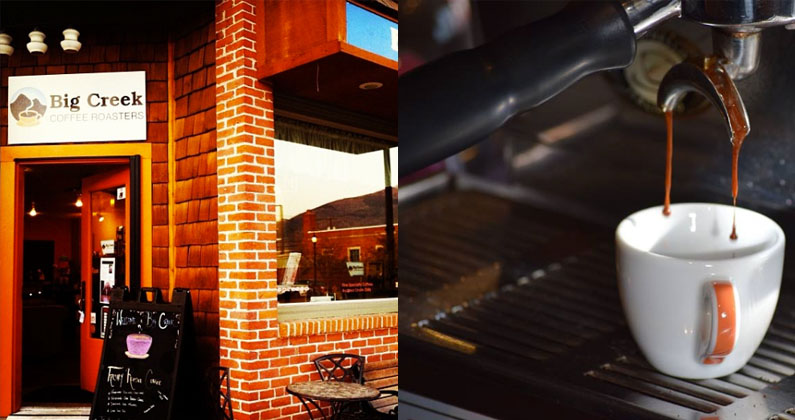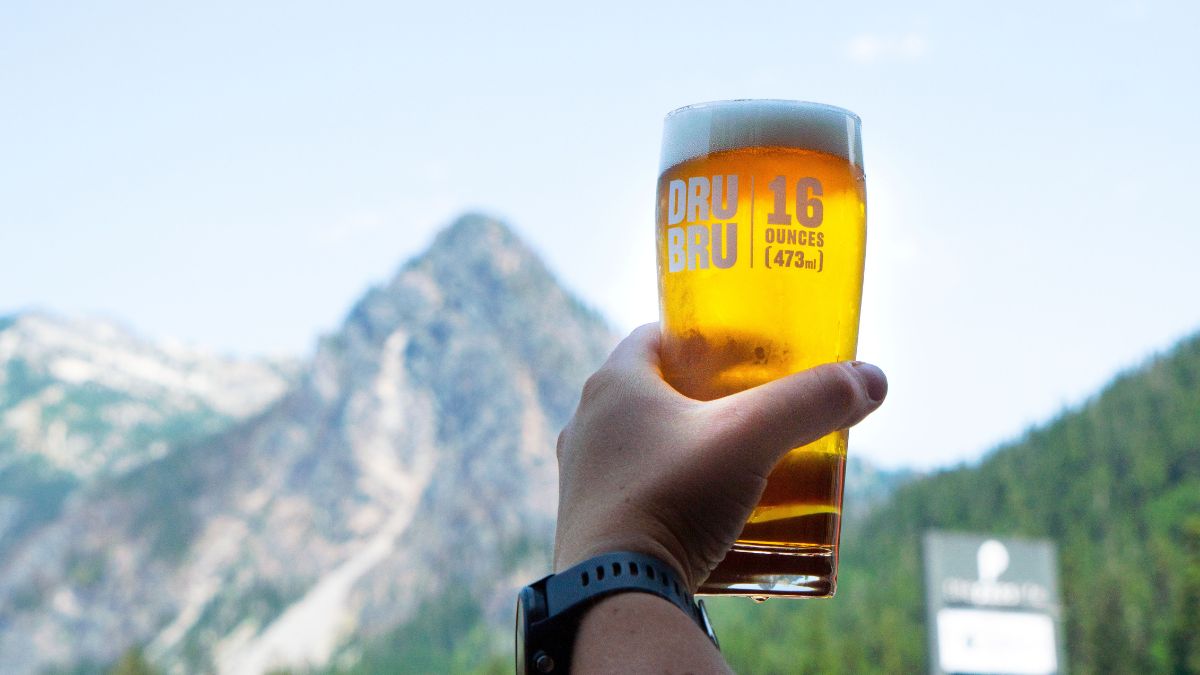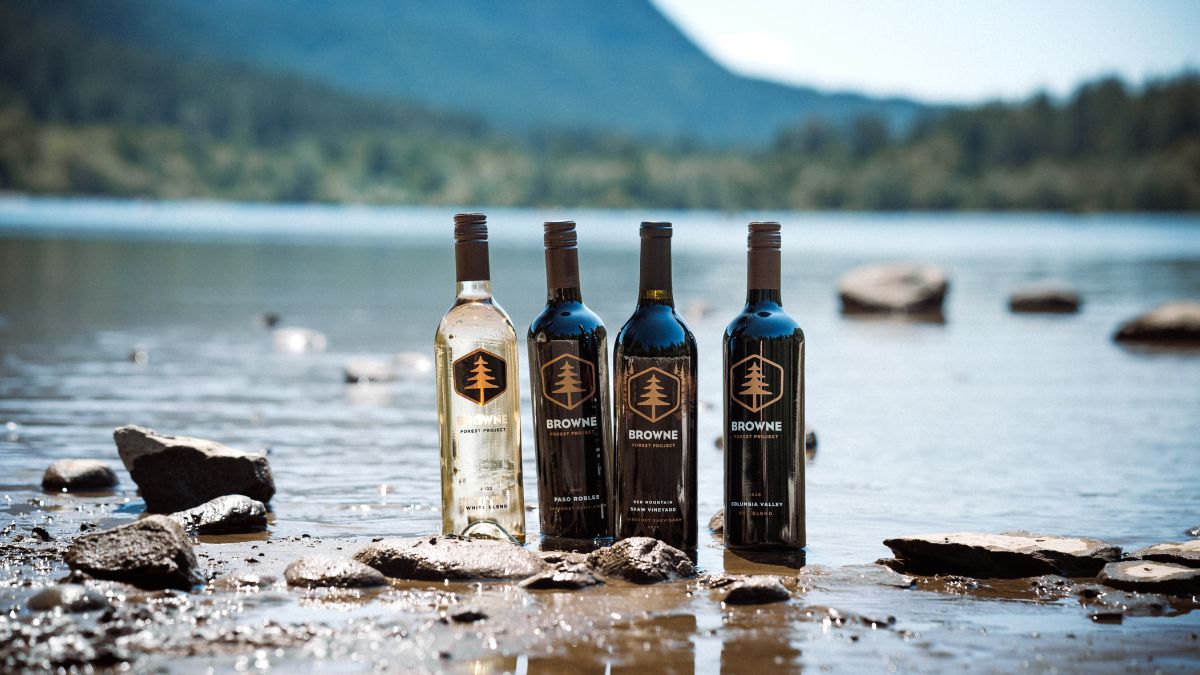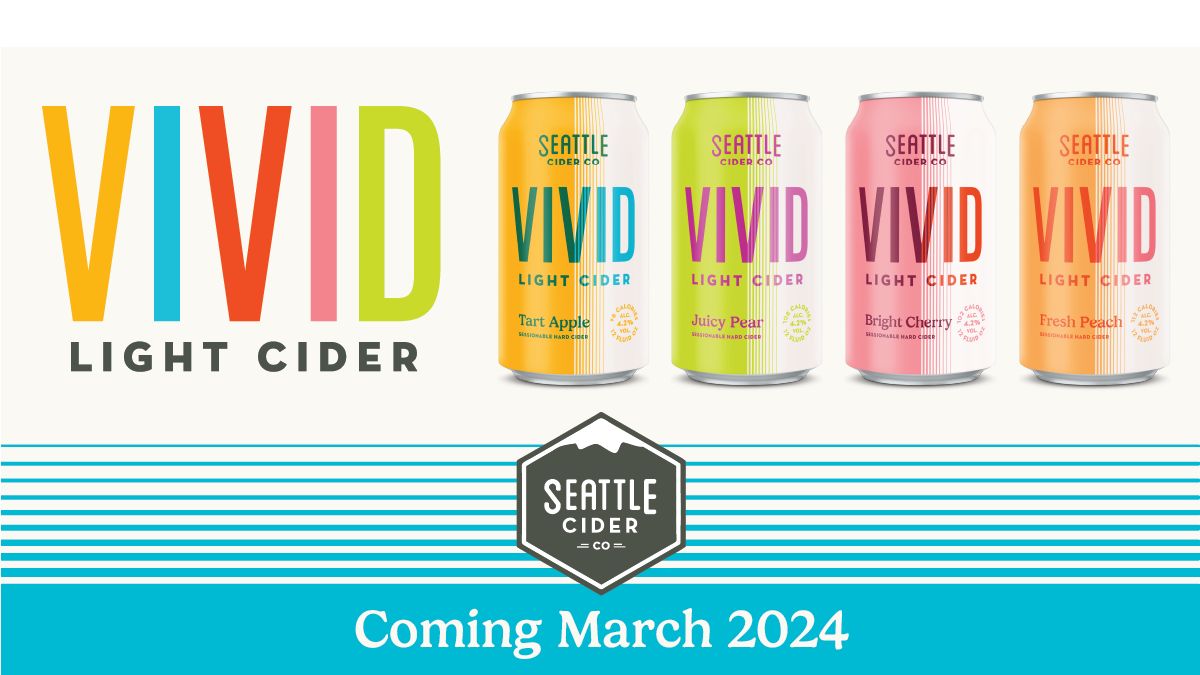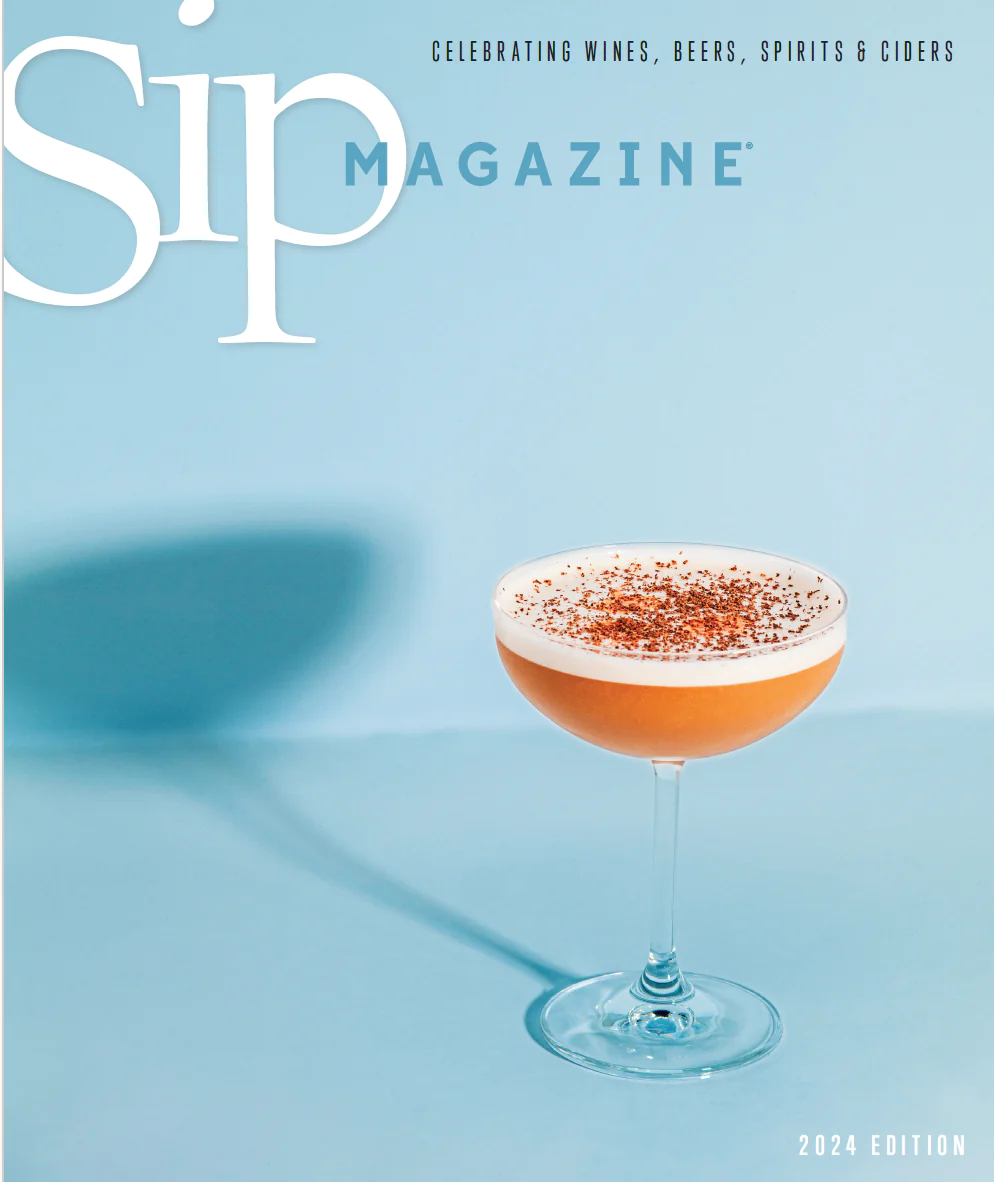Last time around, I chatted with Andrew Friedman of Liberty Bar, the coffee-cocktail-sushi joint in Seattle that somehow manages to do all three incredibly well. This time, I got in touch with Randy Lint of Big Creek Coffee Roasters, all the way over in Hamilton, Montana.
In 2010, Lint – whose background is in law and music – set out to determine whether he could roast world-class coffee from his tiny hometown in Montana’s isolated Bitterroot Valley. In the six years since then, he has determined that the answer is “yes.” While Big Creek was initially an online-only coffee purveyor, a “For Sale” sign in a corner store window on Hamilton’s Main Street was enough to turn it into a brick-and-mortar café that doubles as a community hub for the small town, even as Lint continues to ship his coffee to all corners of the United States.
How do law and music compare to roasting coffee?
I think the creative side of being a musician translates very well into the creative side of roasting coffee. I was a composition major at Berklee School of Music in Boston for my undergraduate studies. You spend a lot of time learning the rules of composition, then go about breaking them in an intelligent, thoughtful way. Same goes for coffee: you have to learn the basics and establish a foundation, but then a touch of creative input can sometimes take a roast to the next level.
I also use my legal training every day. The skills needed to be a good attorney, namely persuasiveness and good communication skills, are essential to running a business. Think of it this way; lawyers are the ultimate salespeople, convincing others that their position is the correct one. Same goes for selling coffee. I persuade people to give us a try, and once they’ve done that, they almost always come back.
In switching from selling coffee strictly online to also running two cafés, have you noticed any differences between what online buyers and café patrons want?
The online folks have a tendency toward safer coffees, especially blends. Our cafe customers have a unique advantage in that we can tell them face to face about new coffees, maybe give them a cup to try, before they spend significant money on something new.
What is the best thing about roasting specialty coffee in a small town? The toughest?
We’re known by everybody and we know everybody, which makes for a close-knit and supportive community. If a regular customer shows up without their wallet, we’ll put their coffee on account and they can settle up next time. Nobody has stiffed me yet. We have also gotten to introduce high-end specialty coffee to tons of people who had never tried it before, so we get to see first-hand their transformation. They can never go back, and that is fun to be a part of.
The toughest challenges are a limited customer base and a depressed rural economy…it’s hard to shine brightly from a small stage. We would be taken much more seriously, would get more press and attention, and could potentially make a lot more money in a larger market. But in the end I wouldn’t trade places because I get to live the life I want in a place I want, where going to work every day is something I look forward to rather than dread.
Your go-to coffee of the moment?
We don’t sell them, but we drink a lot of them around the shop and we call it a baby latte. It’s just a double shot latte served in a five-ounce cup. They taste great, not too milky, and give us the opportunity to practice making latte art without burning through a large amount of milk.
